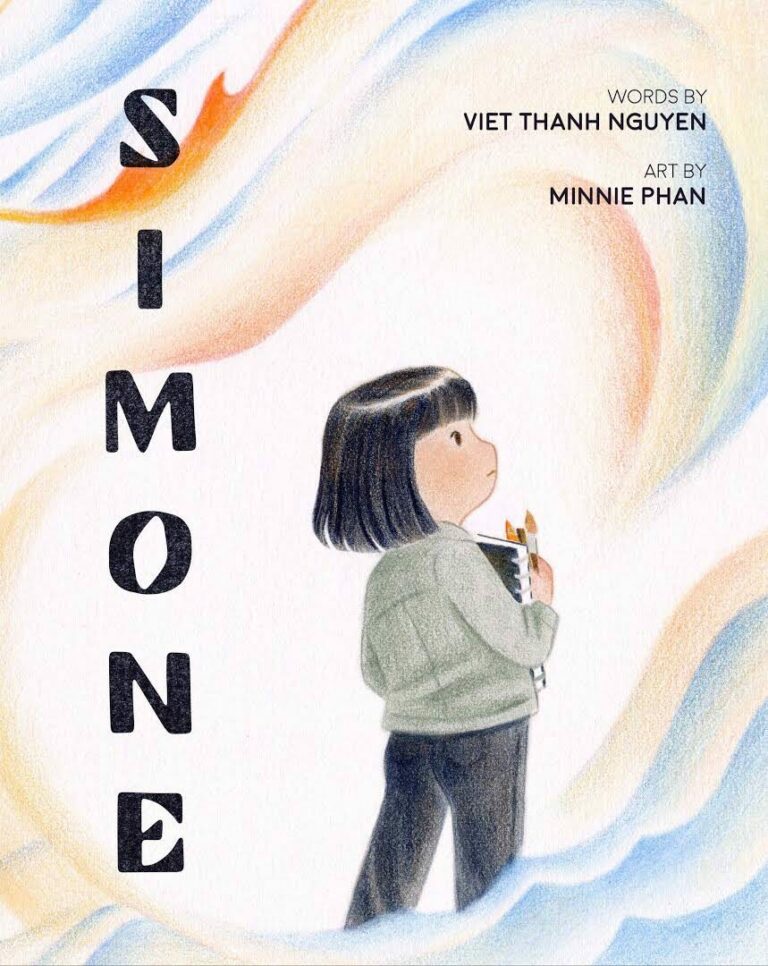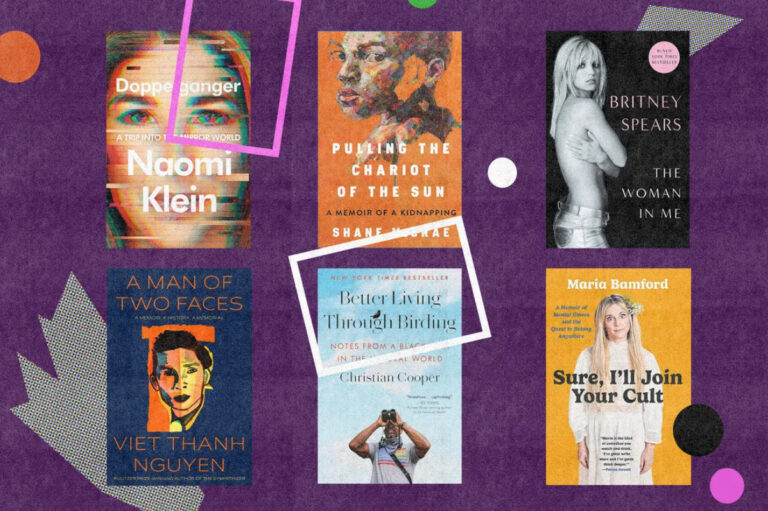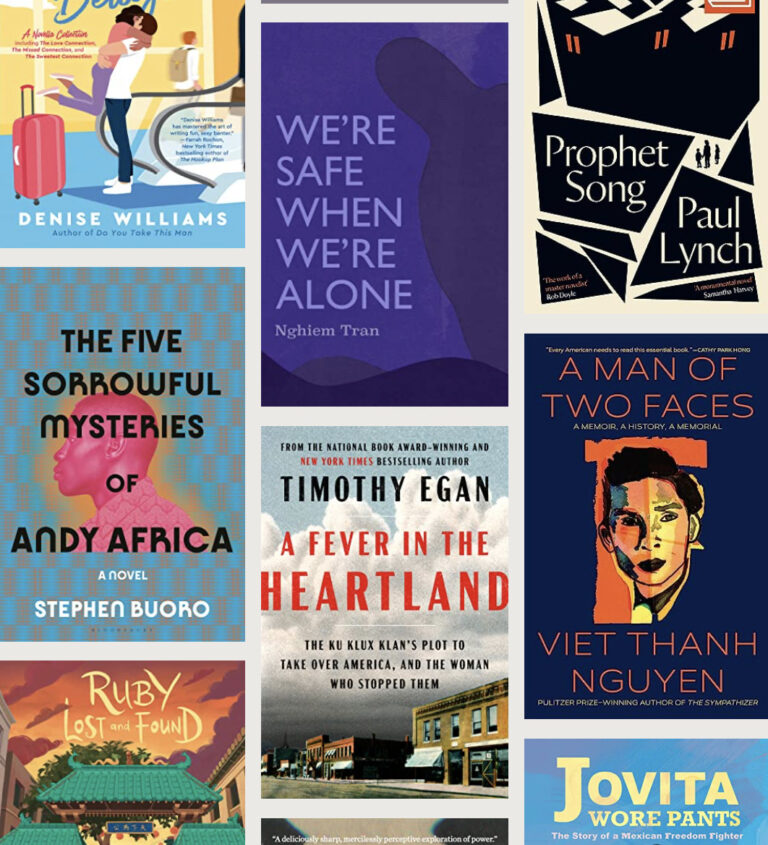The NZ Herald reviews Viet Thanh Nguyen’s works The Sympathizer, The Refugees, and Nothing Ever Dies: Vietnam and the Memory of War.

The United States is quite the journey for Viet Thanh Nguyen, 2016 Pulitzer-prize fiction winner for The Sympathizer.
The 45-year-old father, whose recent publishing acclaim also includes Nothing Ever Dies: Vietnam and the Memory of War and this year’s The Refugees, arrived in the US as a 4-year-old Vietnamese refugee.
Today, he feels obligated to use his profile to encourage Americans to help refugees from places such as Syria. Nguyen points out when the Vietnam War ended, the US took in 150,000 Vietnamese refugees, including him.
“In the next couple of decades America took in literally hundreds of thousands more of not just Vietnamese but also Cambodian and Laotian refugees as well. America has had a tradition of hospitality and generosity that it can draw on.”
Nguyen wrote The Sympathizer and The Refugees as a rejoinder to Apocalypse Now along with the whole canon of US movies about the Vietnam War that he watched as a youngster.
“To be a Vietnamese-American growing up in this country was to understand that [most] Americans knew little and cared less about the experiences of Vietnamese people. This was exemplified in all these Hollywood Vietnam War movies, which I grew up watching.
“That was a very painful experience for me to see that the role of Vietnamese people in these movies was to be silenced, to be raped, to be killed, to scream or when we had a word/words to say, it was basically to say “thank you” to Americans, for rescuing us.”
The Refugees provides a Vietnamese voice. Nguyen says it’s very much about the psychic and emotional travails of refugees and the people they meet and love.
His hardworking parents wouldn’t let him dedicate Nothing Ever Dies: Vietnam and the Memory of War, his impressive 2016 non-fiction work, to them. They told him not to put their names on it because “the history is not over”, echoing William Faulkner’s famous line: “The past is never dead. It’s not even past.”
Anybody who has lived through a traumatic historical event will testify to the veracity and the endurance of his father’s claim, Nguyen says, adding that traumatic pasts need to be dealt with in complex ways and through stories.
“Even though The Vietnam War was declared over in 1975, anybody who participated, or even witnessed, that war continues to be affected by it. I think in the cases of the Vietnam War and slavery, we haven’t had that just confrontation with our pasts. Many decades later, that particular past is still not dead and it has resurged in the issues that Black Lives Matter raises. “
As an academic at the University of Southern California, he now instructs students on finding their inner writer. He laughs that there aren’t many secrets to success: write a lot, read a lot and be patient.
“All those things are simple in concept but really difficult for people to carry out. I don’t know if I spent 10,000 hours learning how to write – as Malcolm Gladwell would say – and if it’s necessary but I certainly put in thousands of hours.”
He definitely put tens of thousands of hours into reading.
“You need to read deeply and widely in order to know what not to do, what kinds of traditions your work fits into and how to allude to those traditions. You need patience because unless you’re one of those geniuses who scores a million-dollar book deal at 25, you, and most writers, will toil in obscurity for many, many years, even decades, before recognition will happen.”
Despite all that depresses him about US politics at the moment, Nguyen takes heart in print books thriving, despite their death being pronounced thousands of times during the last decade or so. Holding his own books evokes the “great delight” of his youth, in libraries and bedrooms.
“That feeling of attachment to the physical object is true for many people, that’s why we see the resurgence of vinyl, the surprising endurance of independent bookstores and the resurgence in hard copy book sales.
“I think we can take hope in the fact that we’re still human beings and not creations of artificial intelligence; that as human beings, as physical people, we still take pleasure in the tactile. There is something about that printed book that appeals not just to our minds but to our bodies as well.”


